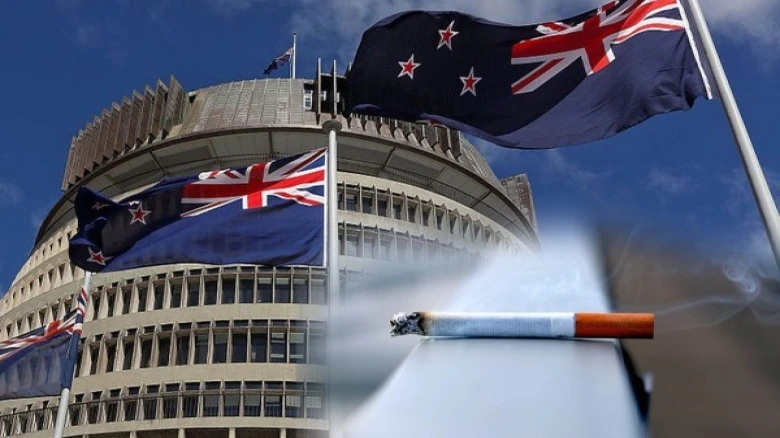New Zealand's new Prime Minister, Christopher Luxon, confirmed that the anti-smoking laws will be repealed...
Digital Desk: New Zealand's incoming conservative government will abandon world-leading anti-smoking laws, new Prime Minister Christopher Luxon revealed Monday, in a decision health advocates hailed as a "huge win for the tobacco industry."
The so-called "generational smoking ban," announced by former Prime Minister Jacinda Ardern, aims to prevent the sale of cigarettes to anybody born after 2008.
A suite of nearly comparable measures, lauded by public health professionals and anti-smoking groups, was recently revealed in the United Kingdom.
However, after being sworn in on Monday, Luxon indicated that New Zealand would repeal the legislation before it went into effect, citing concerns about a thriving illicit market.
The policy reversal, according to the anti-smoking group Health Coalition Aotearoa (the Maori term for New Zealand), is an insult to the country.
"This is a major loss for public health, and a huge win for the tobacco industry, whose profits will be boosted at the expense of Kiwi lives," the group said in a statement.
The cigarette prohibition, according to Luxon, would offer "an opportunity for a black market to emerge, which would be largely untaxed."
The regulation, which is set to go into effect later this year, is intended to lower the number of persons who use tobacco products very immediately.
While the number of adults smoking in New Zealand is currently quite low, at around 8%, the previous government envisioned a future in which the country would be fully smoke-free.
In addition to raising the age restriction gradually, the new law would have drastically reduced the number of merchants allowed to sell tobacco products in the country—from the current 6,000 to no more than 600.

Leave A Comment